Sometimes, it’s good to embrace the dark side, especially when it comes to challenging and shaping students with classic horror literature.
The dark side has always held a magnetic allure, beckoning readers into a world where shadows dance with fear and imagination runs wild. For students seeking a spine-chilling literary experience, classic horror literature offers a captivating gateway into the macabre.
From the monstrous creation in Mary Shelley’s Frankenstein to the seductive menace of Bram Stoker’s Dracula, these timeless tales continue to enthrall young readers with their chilling narratives.
In this article, we will explore the enduring appeal of classic horror literature for student readers. Prepare to step into the realm of the unknown, where the power of these stories lies in their ability to ignite our imagination and tap into our deepest fears.
Writing a thesis https://thesisrush.com/write-
THE IMPORTANCE OF CLASSIC HORROR LITERATURE
Classic horror literature, with its haunting atmospheres and chilling narratives, has left an indelible mark on the genre.
Defined by its ability to elicit fear and suspense, this form of literature has enthralled readers for generations. The works of renowned authors have become pillars of the horror genre, captivating audiences with their intricate plots, memorable characters, and profound themes.
When it comes to selecting suitable horror literature for student readers, classic works provide an ideal starting point. These tales not only entertain but also offer valuable insights into human nature, society, and the darker aspects of the human psyche.
As readers explore the classics, they develop a deeper appreciation for the power of storytelling and gain a better understanding of the horror genre’s evolution over time.
Whether they are writing an essay on the psychological implications of fear or seeking inspiration for their own creative endeavors, classic horror literature serves as an invaluable resource. As a result, an essay writing service will often receive requests for analysis and interpretation of these influential works as students strive to uncover the hidden depths and timeless relevance within them.
Mary Shelley’s Frankenstein remains an iconic masterpiece in horror literature.
Frankenstein tackles themes of identity, responsibility, and the ethical boundaries of scientific exploration.
Student readers are captivated by the complex characters and moral dilemmas, sparking discussions on the nature of humanity and the consequences of unchecked ambition.
Similarly, Bram Stoker’s Dracula enthralls with its exploration of power, sexuality, and the battle between good and evil. These enduring classics continue to resonate with students, engaging them in thought-provoking discussions on societal norms and the allure of the forbidden. As students delve into these captivating narratives, they uncover a love for the dark and mysterious realms of storytelling.
When it comes to selecting classic horror literature for student readers, additional works beyond Frankenstein and Dracula offer a wealth of chilling tales.
Robert Louis Stevenson’s The Strange Case of Dr. Jekyll and Mr. Hyde explores the duality of human nature, while Edgar Allan Poe’s short stories, like “The Tell-Tale Heart” and “The Fall of the House of Usher,” delve into psychological terror.
Engaging with classic horror literature not only offers students a thrilling reading experience but also enhances their critical thinking and literary appreciation.
These timeless works serve as windows into different eras, allowing students to explore the cultural, social, and historical contexts in which they were written. By analyzing the themes, symbolism, and narrative techniques employed by authors like Mary Shelley and Bram Stoker, students develop a deeper understanding of the power of storytelling and the ways in which literature reflects and comments on the human condition.
Furthermore, reading classic horror literature encourages students to examine their own fears and anxieties in a safe and controlled environment. These stories provide a framework for discussing and processing emotions that may be difficult to articulate otherwise.
Through the exploration of fear, students develop emotional intelligence and empathy as they navigate the psychological landscapes of the characters and understand the motivations behind their actions.
Classic horror literature also presents students with opportunities for interdisciplinary study.
By connecting these works to other subjects like science, psychology, or history, students can explore the broader implications and relevance of the narratives.
IN SUMMARY
The exploration of classic horror literature provides student readers with a gateway to the dark and captivating realms of storytelling. Works like Mary Shelley’s Frankenstein and Bram Stoker’s Dracula continue to captivate and inspire young minds with their enduring appeal and thought-provoking themes.
Through these tales, students not only develop critical thinking skills and literary appreciation but also gain insights into the complexities of human nature and the social and historical contexts in which these works were created.
Classic horror literature offers a safe space for students to confront their fears, fostering emotional intelligence and empathy. Additionally, by connecting these works to other subjects, students can embark on interdisciplinary journeys, deepening their understanding of the texts and their relevance in various disciplines.
As students immerse themselves in the chilling narratives and explore the hidden depths of classic horror literature, they open themselves to a world of imagination, reflection, and personal growth.
So, let the pages turn, the shadows dance, and the words whisper as you embark on an unforgettable journey into the dark side of literature.


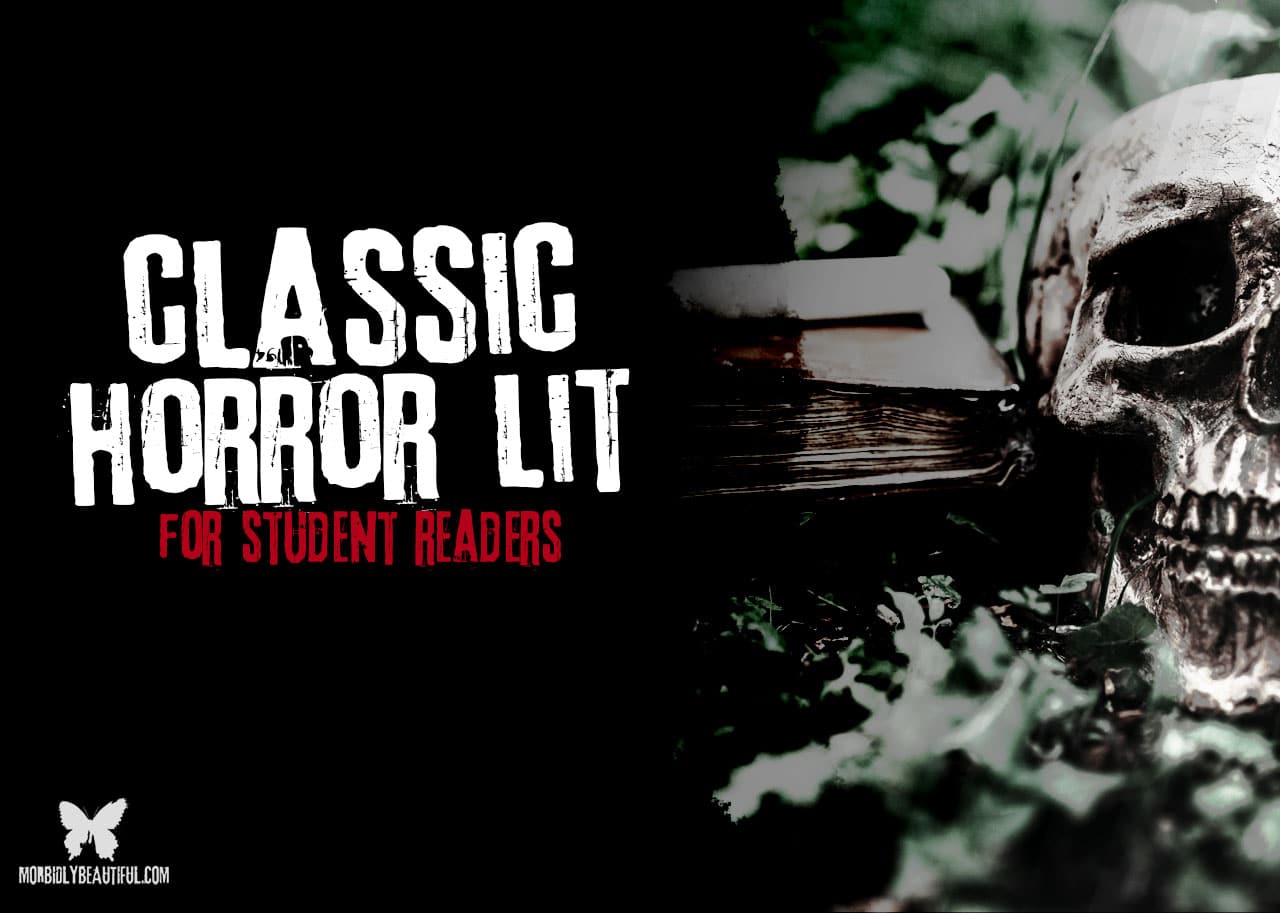

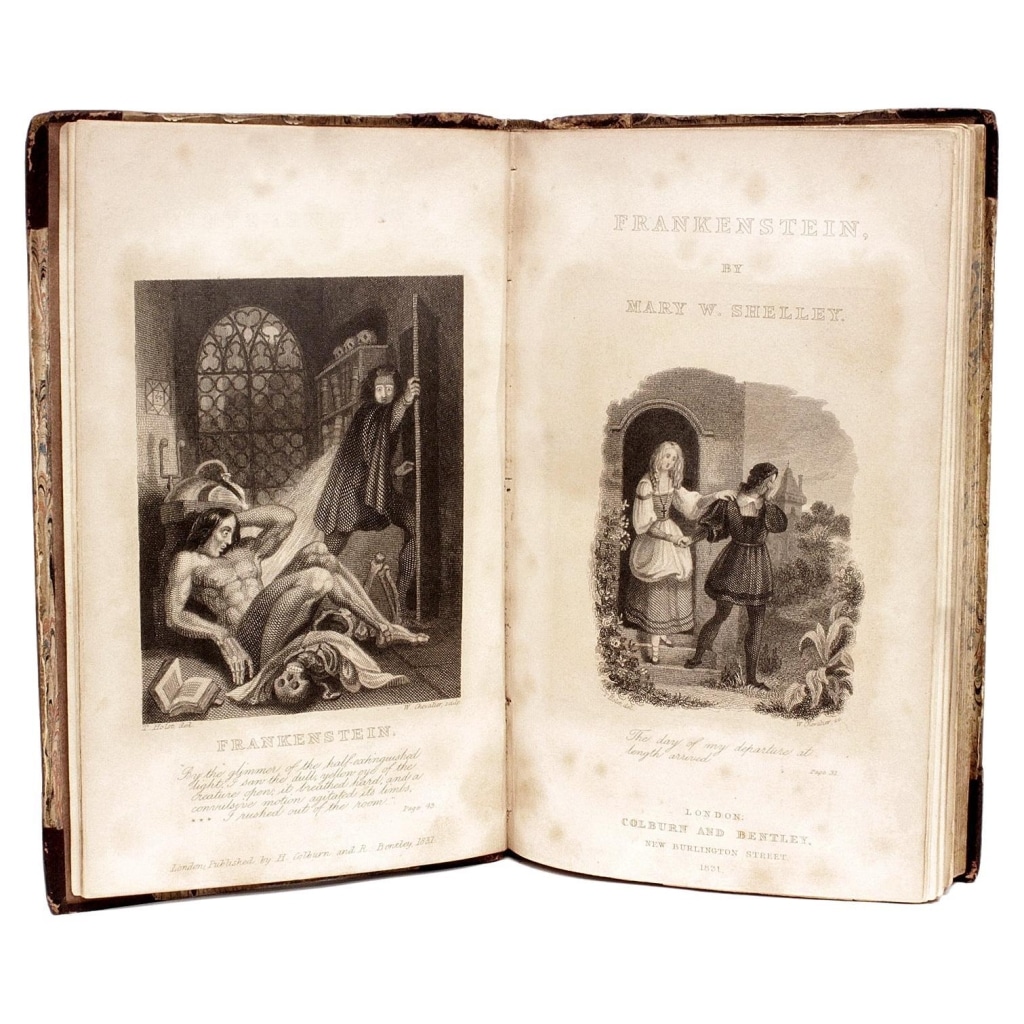
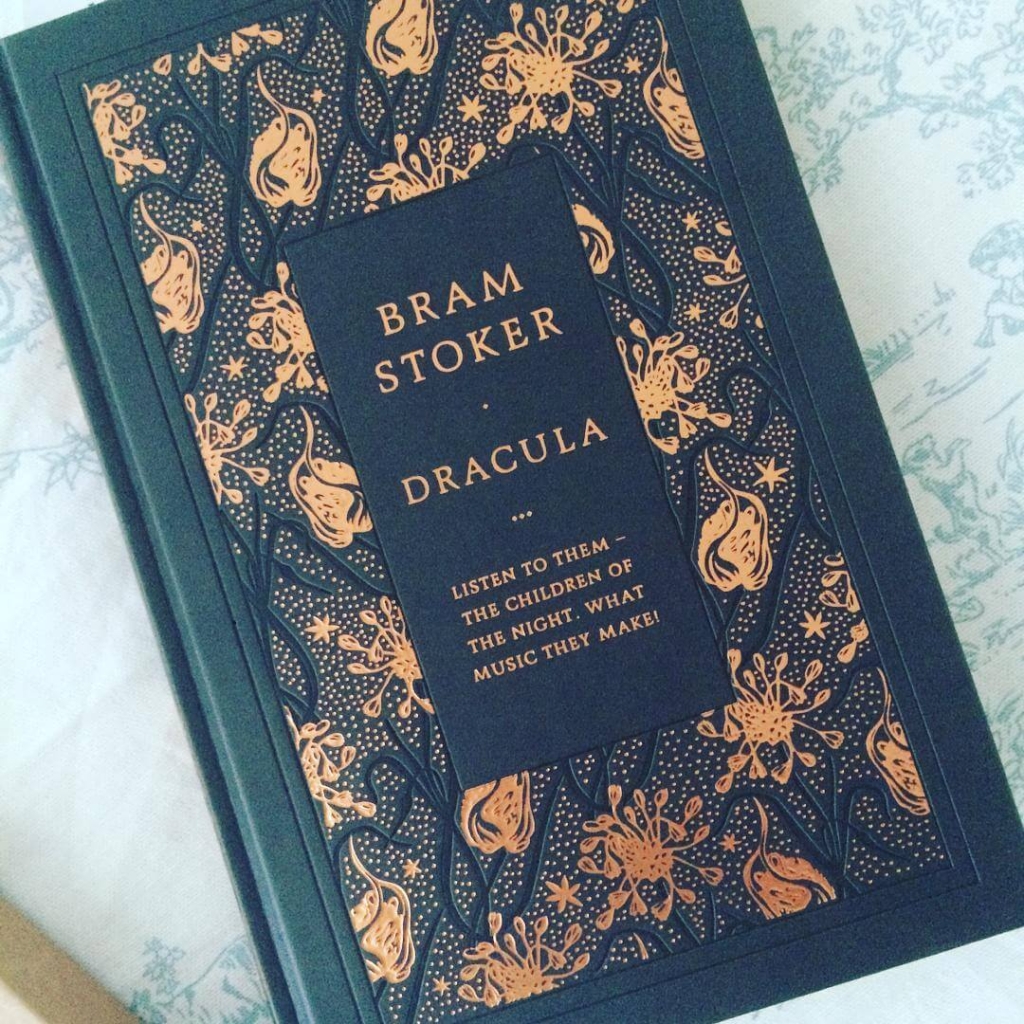

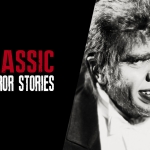
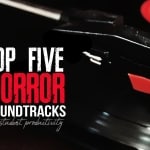
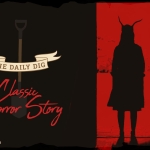
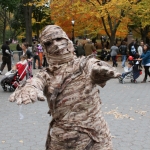






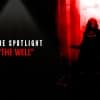
Follow Us!